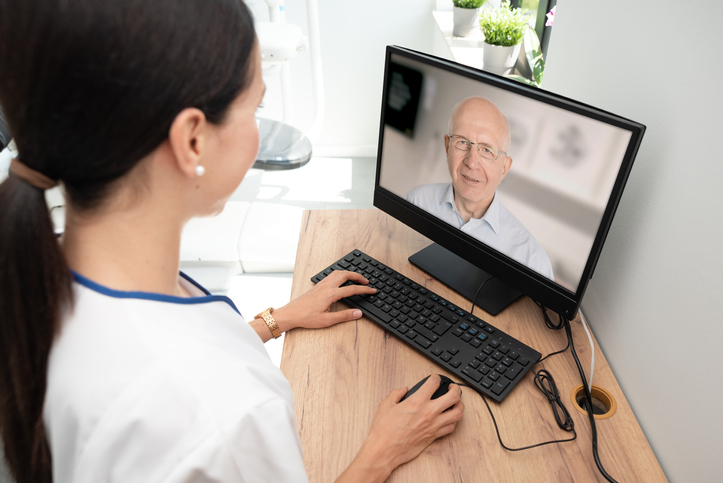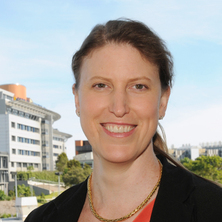How does speech pathology via telepractice work? Can it be an effective form of service delivery?
 Speech pathology services are provided across a broad range of settings, including schools, hospitals, community services, residential aged care settings and private practice.
Speech pathology services are provided across a broad range of settings, including schools, hospitals, community services, residential aged care settings and private practice.
Speech pathologists are embracing technology to help to deliver services. This is referred to as “telepractice” as this encompasses the range of roles and services we deliver via tele – not just limited to services “in health”.
Prior to the COVID-19 pandemic, telepractice services were increasing. Now, with the lockdown restrictions where face to face delivery has become more limited, telepractice consultations are more important than ever.
Speech Pathologists work with a range of clients, from premature infants to individuals at the end stages of life. Our profession helps clients manage issues with speech, language, voice, fluency, swallowing and alternate forms of communication, that result from a wide range of causes and conditions.
Clinicians routinely use videoconferencing systems for general education and consultation sessions. They are also using specialised telepractice systems – such as systems with touch screen capabilities for interaction with children learning language skills, systems that incorporate voice analysis programs, or systems incorporating high quality medical cameras required to capture images of surgical changes to the head and neck regions.
The evidence for telepractice in speech pathology is very positive and has been growing steadily. There is a strong body of evidence to support that well designed telepractice services can collect the necessary clinical information for assessment and diagnostic purposes. Telepractice can also be used to deliver comparable services to traditional in-person visits - a finding that has been proven across many different types of adult and paediatric speech pathology services.
There are many studies that highlight the range of benefits and positive results including positive feedback from young children to the elderly indicating the services were valued, met their needs, and were easy to use. Economic studies have highlighted the financial benefits of telepractice models, while other studies have reported the personal/lifestyle benefits for our clients, such as reduced costs accessing services, less time away from other family/work, less stress accessing services, and the ability to be seen in a timely manner. Telepractice also assists with effective clinical training, mentoring, and bringing expert speech pathologists together to troubleshoot complex clinical issues.
As technology advances, there will be ongoing opportunities for speech pathologists to study, then incorporate, new forms of telepractice into routine clinical care. The success of telepractice in speech pathology services to date can be attributed to the body of evidence that exists, which has been used to inform practice and ensure telepractice has been adopted in ways that are safe, effective, efficient and beneficial for our clients.
The UQ Health and Rehabilitation Clinics have remained operational throughout the COVID-19 restrictions by offering rehabilitation services via telehealth. The Clinics offer telehealth services in the fields of:
UQ Health and Rehabilitation Clinics
 Author: Professor Elizabeth (Liz) Ward is the Director of the Centre for Functioning and Health Research (CFAHR) in Metro South Hospital and Health Service, Queensland Health, and Professor in the UQ School of Health and Rehabilitation Sciences. She is a leading international researcher with more than 350 publications. Professor Ward has helped develop telepractice models of care for adult and paediatric dysphagia, services that support patients post head and neck cancer, and has been part of teams developing the evidence for telepractice models for motor speech disorders, voice disorders, and aphasia.
Author: Professor Elizabeth (Liz) Ward is the Director of the Centre for Functioning and Health Research (CFAHR) in Metro South Hospital and Health Service, Queensland Health, and Professor in the UQ School of Health and Rehabilitation Sciences. She is a leading international researcher with more than 350 publications. Professor Ward has helped develop telepractice models of care for adult and paediatric dysphagia, services that support patients post head and neck cancer, and has been part of teams developing the evidence for telepractice models for motor speech disorders, voice disorders, and aphasia.



